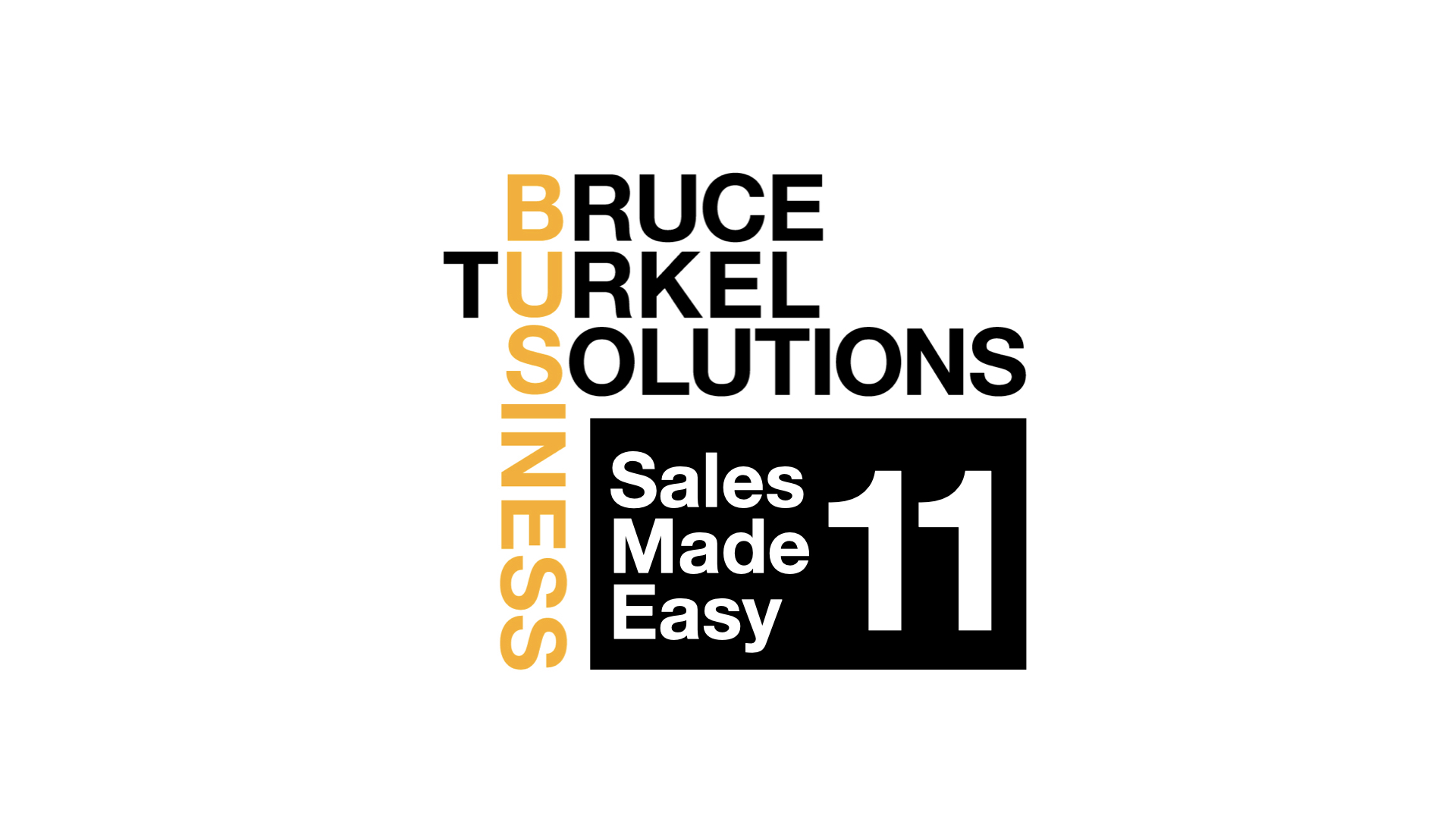
CLICK HERE TO WATCH THE VIDEO
Sales Made Easy – My Four-Word Rules For Success—11 in a series.
We’ve spent the last few weeks discussing my four-word rules for business success. My goal remains simple: I want to give you easy-to-implement tools, tactics, and techniques to improve your business.
Each rule is only four words long because often that’s all it takes to make a huge difference when you build your brand and your business.
If you missed any of the rules, you can find them all on my website’s blog page.
But first, a story.
Each time I write these four-word rules, I do two things:
First, I decide what lesson I want to share with you.
Second, I think about what story I can use to both make my point and engage my reader (that’s you).
Only then do I start putting the post together.
You probably didn’t even notice, but in almost every one of the first ten rules I’ve shared, I used a four-word phrase that might be the most powerful tool in the sales and marketing toolbox.
What was this magical four-word phrase?
“But first, a story.”
No, that’s actually it. “But first, a story.”
You see, stories are powerful crowbars for sales, persuasion, for, well, everything. When someone reads or hears the words, “But first, a story,” they literally lean in and pay rapt attention.
Have you read Sapiens by Yuval Noah Harari? The author posits that humans were similar to all the other mammals on earth until about 70,000 years ago when our DNA mutated in a way that allowed us to cooperate in large groups with a unique and complex language. Harari calls this event the “Cognitive Revolution.”
According to Harari, “As far as we know, only sapiens can talk about entire kinds of entities that they have never seen, touched, or smelled. Legends, myths, gods, stories, and religions appeared for the first time with the Cognitive Revolution. Many animals and human species could previously say, ‘Careful! A lion!’ Thanks to the Cognitive Revolution, Homo sapiens acquired the ability to say, ‘The lion is the guardian spirit of our tribe.’ This ability to speak about fictions is the most unique feature of Sapiens language…You could never convince a monkey to give you a banana by promising him limitless bananas after death in monkey heaven.”
Simply put, our ability to use complex language allowed us to talk about both real and conceptual things.
Harari aptly points out that our stories and myths aren’t necessarily lies despite a lack of empirical evidence. Instead, they’re ingrained convictions woven into the fabric of our collective consciousness. They possess a tangible veracity insofar as our mutual faith in them empowers their functionality.
When you and I share an unwavering trust in the potency of currency, for example, it seamlessly facilitates our value exchange.
The huge benefit to all of us is that mythmaking and storytelling are the most powerful ways of getting people to pay attention, to listen, and to act on what you say. And all of these advantages are critical to completing a successful sale.
This is why my four-word rule for Sales Success 11 is, But First, a Story

It’s nothing new. People (prospects) love to hear a story, IF and WHEN the story is told well and it makes a clear point that is relatable to the prospect. How do I know? I’ve been doing it for over 40 years in my career.